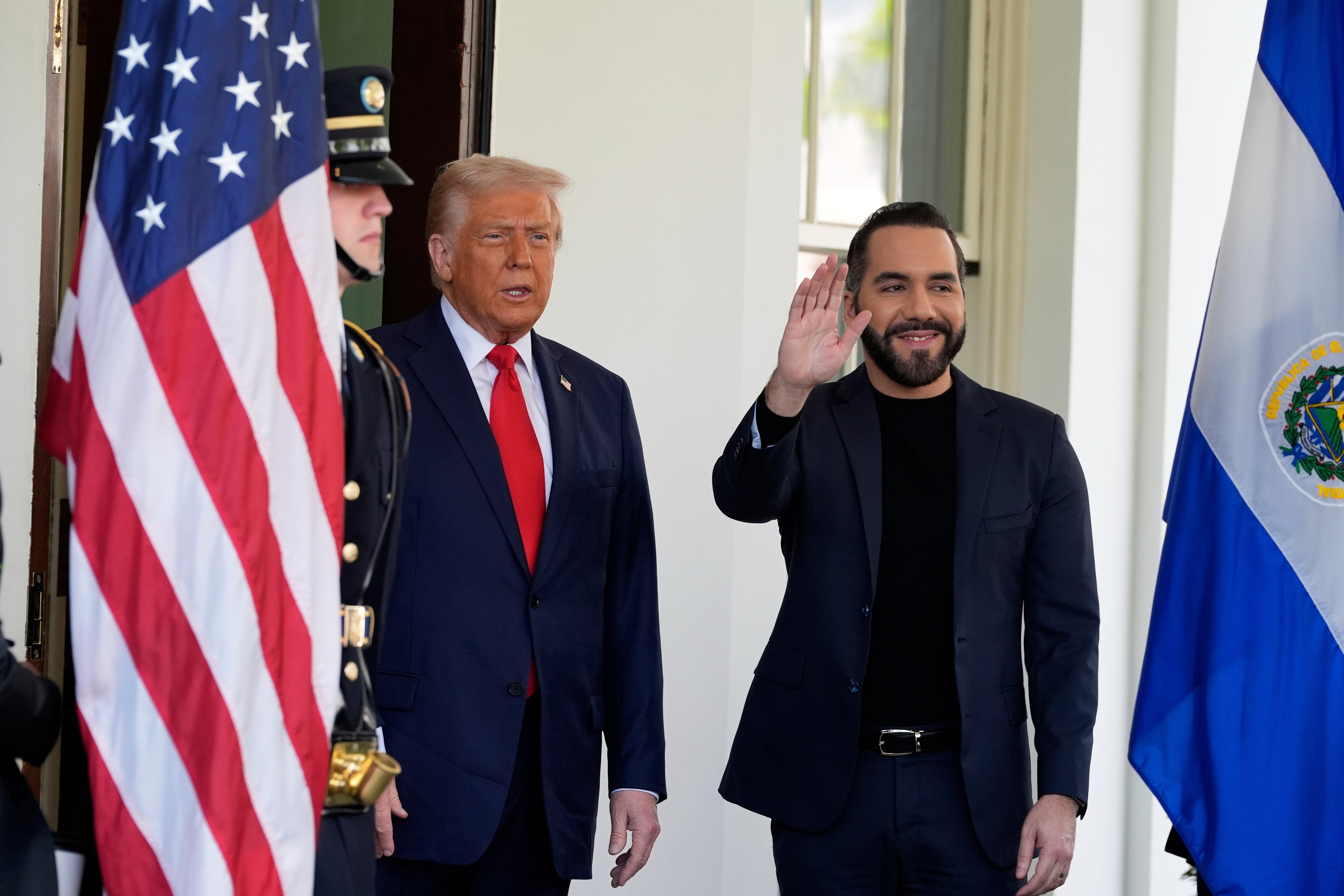El Salvador's Foreign Agents Law Sparks Democratic Concerns
El Salvador's President Nayib Bukele is under fire for a recently approved "foreign agents" law, which critics say will stifle dissent.
Key Criticisms
Opponents argue the law is a censorship tool targeting NGOs critical of the government. It requires entities receiving foreign funding to register and pay a 30% tax on payments.
Echoes of Autocracy
Critics suggest that this approach mirrors autocratic measures found in countries like Nicaragua and Russia.
RAEX: The New Regulator
A new government body, RAEX, will oversee NGO operations. This raises concerns about the potential for biased enforcement and suppression of dissenting voices. Violations could result in significant fines and closures.
Bukele's Defense
Bukele defends the law as a way to limit foreign influence and combat corruption within the Central American nation.
Free Speech Concerns
However, critics argue that it will stifle free speech and freedom of association, effectively consolidating power in Bukele's hands.
Crackdown Fears
The law's passage is coupled with recent arrests of government critics and actions taken against independent media outlets, leading to increased fears of a growing crackdown on dissent.

